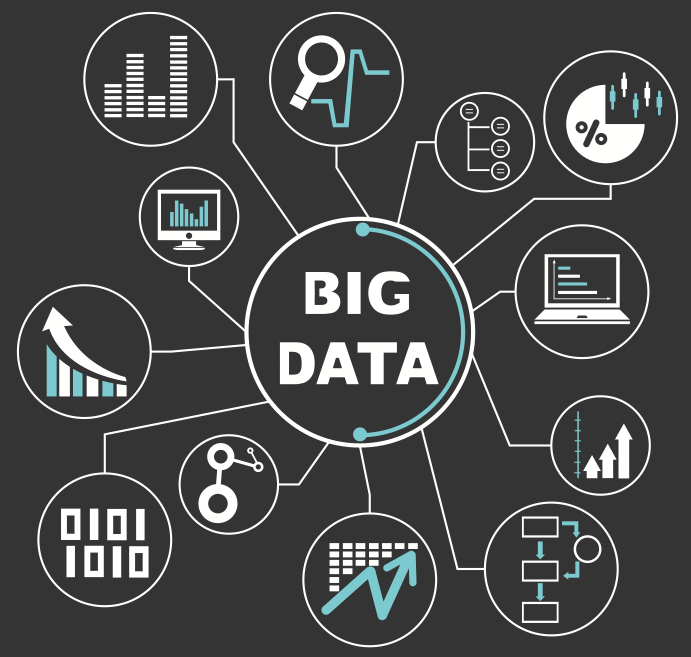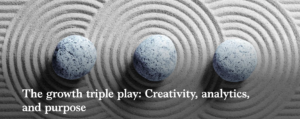Guest post by Eric Schwartzman, founder and CEO of Comply Socially, which helps employers manage the risk and capitalize on the opportunities of social media in the workplace. Follow him on Twitter @EricSchwartzman
The online Boston Marathon bombing witch-hunt last week dragged social media down to a new low.
Social media has become “the cocktail party from hell,” writes Maureen Down in her column “…with the flood of information jeopardizing meaning.”
When everyone’s talking about a crisis in real time and you have unlimited access to what they’re saying, the wisdom of the crowd can be very hard to find. With so much information swirling around, looking for meaning manually is impossible because there are never enough people to consider everything out there at once.
“What happened to Sunil Tripathi’s family scares the hell out of me, and I feel that any sort of crowd crimesolving platform needs to take that into account–the risk of lives being disturbed by overenthusiastic sleuths is just as important, in my opinion, as the potential for solving unsolved crimes,” says Neal Ungerleider, who wrote about how Reddit became a hub for a crowdsourced Boston Marathon bombing investigation.
Like most of the other social networks overflowing with new posts every millisecond, Reddit lacks even the most basic analytics. According to another story by the AFP, Reddit uses Google Analytics to monitor their own traffic.
We need to take a moment to acknowledge the critical importance of being able to find trends and credible sources in big data. When Google Reader goes away on July 1, 2013, not a single alternative offers in-feed search or analytics, and nobody seems too concerned about. In my book, that’s totally crazy. Without the ability to drill down and analyze your feeds, all that news is just a bunch of noise.
At what point does it become irresponsible to provide the world with access to a communications tools that can literally reap havoc in the lives of individuals and companies without providing any visibility at all into the patterns and shapes of the content being shared?
Is a social network without integrated analytics like a vehicle without a safety belt?
Freddy Mini, CEO at Netvibes — a Google Reader alternative that’s more focused on providing insights than powering engagement — says, “Context is the comparison of metrics.”
Meaning comes from the intersection of multiple sources. In the old days, journalists triangulated truth against a handful of sources. Today, we need to triangulate truth against millions of sources.
An avalanche of information is not necessarily a good thing. More often than not, it’s a path to obfuscation rather than enlightenment, where speculation inflicts irrevocable harm and sensationalism travels farther and faster than tolerance.
If you’re a business, the takeaway is that sharing without analytics is essentially useless, that engagement is not as valuable as insight, and that seeing things in context is more important than being popular.
Image Credit: Shutterstock






Nice post.
“An avalanche of information is not necessarily a good thing.”
No argument here. We need new tools to handle Big Data. The goal isn’t the data or the analytics; it’s doing something useful with them.
Exactly. With the sheer volume of posts out there, particularly in the event of a crisis, Page Rank and Edgerank are not enough.
I would pose that many of these tools already exist in the BI-collaborative form, but haven’t yet gained the popularity that traditional BI/DataWarehouse systems enjoy. That appears to be changing, however, with Gartner’s latest quarterly report including the likes of Logi Analytics & a forecasted decline of Pentaho/DataWarehouse systems.
To me, the problem isn’t the vast amounts of data – it’s the systems they live on that require so much time for non-analytic based tasks like building schemas, ETL logic & so on that is impeding the ability to quickly identify, extrapolate & capitalize on actionable data.
As multi-year launch times & IT associated costs (DW, ETL & so on) continue to plague traditional system architectures, I really do believe we are about to see these more flexible systems gain a foothold with SMB’s. The Fortune 50+ companies have already invested heavily in BI, and I don’t expect them to abandon that investment now.
We are currently playing with the Logi Analytics, Domo & SnowPlow frameworks on some of our more BI-intensive client projects with great success. Success being defined in this instance as the ability to output useful & actionable data without massive IT support, deployments or wait times.
The main problem with relying on social data is that most of it is meaningless outside of its limited context. Users are so used to the social messages and posts having some relevance to their lives that they fall into the trap of believing everything that they see in their newsfeeds. We are just beginning to deal with the mass of information that these media are supplying and we still need time to learn how to filter the white noise from the valuable data.
That’s exactly what I was preaching about for a long time! Nice one!
I absolutely agree with you! Great post! I see too many people preparing reports and presenting their work, but no one is actually analysing this information to make suggestions of what can be improved…such a waste!